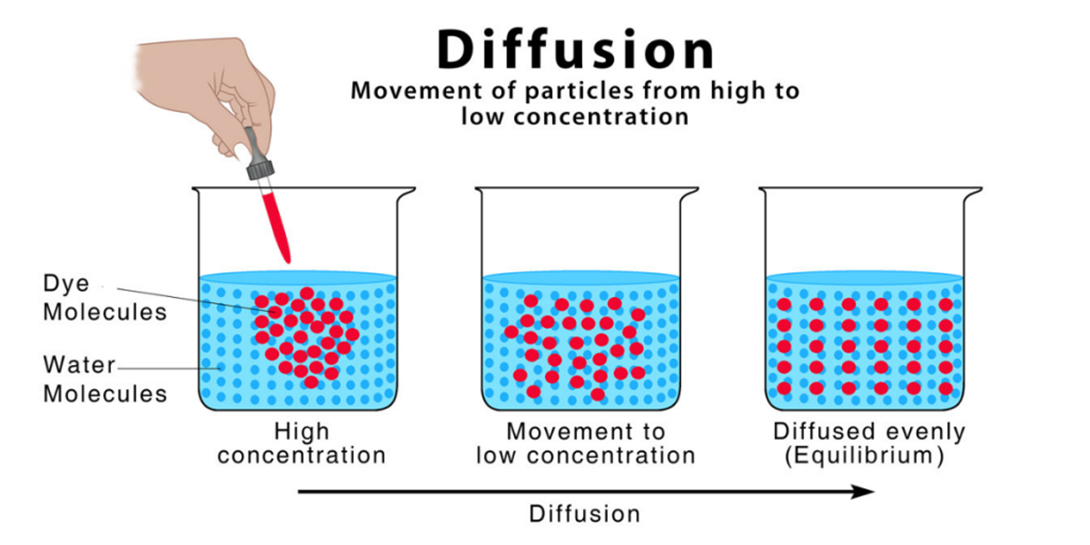The nurse reviews a client's electrolyte results and notes that the potassium level is 5.4 mEq/L. What would the nurse look for on the cardiac monitor as a result of this laboratory value?
Narrow, peaked T waves
ST elevation
Peaked P waves
Prominent U waves
The Correct Answer is A
Choice A reason: Narrow, peaked T waves are a sign of hyperkalemia, which is a high level of potassium in the blood. Potassium is an electrolyte that affects the electrical activity of the heart. Hyperkalemia can cause the T waves, which represent the repolarization of the ventricles, to become narrow and peaked, indicating a rapid and excessive repolarization.
Choice B reason: ST elevation is a sign of myocardial infarction, which is a heart attack. It indicates that the myocardium, or the heart muscle, is damaged and deprived of oxygen. ST elevation is not related to the potassium level, but rather to the coronary artery blood flow.
Choice C reason: Peaked P waves are a sign of atrial hypertrophy, which is an enlargement of the atria, the upper chambers of the heart. It indicates that the atria are under increased pressure or workload. Peaked P waves are not related to the potassium level, but rather to the atrial function.
Choice D reason: Prominent U waves are a sign of hypokalemia, which is a low level of potassium in the blood. Potassium is an electrolyte that affects the electrical activity of the heart. Hypokalemia can cause the U waves, which represent the repolarization of the Purkinje fibers, to become prominent and visible, indicating a delayed and prolonged repolarization.
Nursing Test Bank
Naxlex Comprehensive Predictor Exams
Related Questions
Correct Answer is {"dropdown-group-1":"A"}
Explanation
Choice A reason: Diffusion is the process by which small ions such as glucose, oxygen, and carbon dioxide redistribute themselves through semipermeable membranes from areas of higher concentration to areas of lower concentration. This is how these molecules move across the cell membrane and the capillary wall.
Choice B reason: Osmosis is the process by which water moves through semipermeable membranes from areas of lower solute concentration to areas of higher solute concentration. This is how water balance is maintained across the cell membrane and the capillary wall.
Choice C reason: Blood pressure is the force exerted by the blood on the walls of the blood vessels. It is not a process by which small ions redistribute themselves through semipermeable membranes, but rather a factor that influences the movement of fluids and solutes across the capillary wall.
Choice D reason: Rehydration is the process of restoring the fluid balance in the body by drinking fluids or receiving intravenous fluids. It is not a process by which small ions redistribute themselves through semipermeable membranes, but rather a treatment for dehydration.

Correct Answer is A
Explanation
Choice A reason: The client with an ileostomy is at risk for fluid volume deficit because an ileostomy is a surgical opening in the ileum, the last part of the small intestine, that allows the drainage of intestinal contents. This can result in a loss of fluids and electrolytes, especially sodium and potassium, which can lead to dehydration and hypovolemia.
Choice B reason: The client with cirrhosis is not at risk for fluid volume deficit, but rather fluid volume excess. Cirrhosis is a chronic liver disease that causes scarring and impaired liver function. This can lead to portal hypertension, which is an increase in the pressure in the portal vein that carries blood from the digestive organs to the liver. Portal hypertension can cause ascites, which is the accumulation of fluid in the abdominal cavity, and edema, which is the swelling of the tissues due to fluid retention.
Choice C reason: The client with heart failure is not at risk for fluid volume deficit, but rather fluid volume excess. Heart failure is a condition where the heart is unable to pump enough blood to meet the body's needs. This can lead to congestion of the blood vessels, which can cause pulmonary edema, which is the accumulation of fluid in the lungs, and peripheral edema, which is the swelling of the extremities due to fluid retention.
Choice D reason: The client with decreased renal function is not at risk for fluid volume deficit, but rather fluid volume excess. Decreased renal function is a condition where the kidneys are unable to filter the blood and remove excess fluids and wastes. This can lead to oliguria, which is a decrease in urine output, and anuria, which is the absence of urine output. This can cause fluid overload, which can affect the heart and the lungs.
Whether you are a student looking to ace your exams or a practicing nurse seeking to enhance your expertise , our nursing education contents will empower you with the confidence and competence to make a difference in the lives of patients and become a respected leader in the healthcare field.
Visit Naxlex, invest in your future and unlock endless possibilities with our unparalleled nursing education contents today
Report Wrong Answer on the Current Question
Do you disagree with the answer? If yes, what is your expected answer? Explain.
Kindly be descriptive with the issue you are facing.
